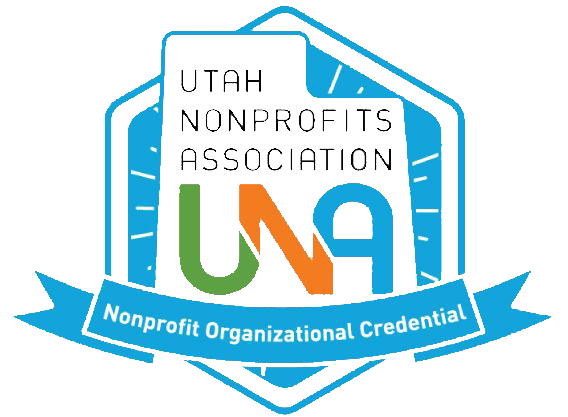Neighborhood House is a Public Non-profit entity. It is the policy of Neighborhood House to ensure compliance with ADA and EEO, Title VI of the Civil Rights Act of 1964 and all related statutes or regulations in all programs and activities so administered.
Neighborhood House operates its programs and services without regard to race, color, national origin, religion, sex, sexual orientation, marital status, age or disability in accordance with Title VI of the Civil Rights Act. Any person who believes she or he has been aggrieved by any unlawful discriminatory practice under Title VI may file a complaint with the Neighborhood House Title VI Coordinator, by completing and submitting the agency’s Title VI Complaint form.
Complaint Procedure
Any person who believes she or he has been discriminated against on the basis to race, color, national origin, religion, sex, sexual orientation, marital status, age or disability by Neighborhood House may file a Title VI complaint by completing and submitting the Agency’s Title VI Complaint Form. Neighborhood House investigates complaints received no more than 180 calendar days after the alleged incident. Neighborhood House will process complaints that have completed all elements of the complaint form.
Once the complaint is received, Neighborhood House will review it to determine Neighborhood House has jurisdiction. The complainant will receive an acknowledgment letter informing her/him whether the complaint will be investigated by Neighborhood House.
Neighborhood House has 10 business days to investigate the complaint. If more information is needed to resolve the case, Neighborhood House may contact the complainant. The complainant has 10 business days from the date of the letter to send requested information to the investigator assigned to the case. If the investigator is not contacted by the complainant or does not receive the additional information within 10 calendar days, the investigator can administratively close the case. A case can also be administratively closed if the complainant no longer wishes to pursue the case.
After the investigator reviews the complaint, Neighborhood House will issue one of two letters to the complainant:
- A closure letter that summarizes the allegations and states there was not a Title VI violation and that the case will be closed.
- A Letter of Finding (LOF) that summarizes the allegations and the interviews regarding the alleged incident, and explains if any disciplinary action, additional training of the staff member or other action will occur.
If the complainant wishes to appeal the decision, she/he has 10 calendar days after the date of the closure letter or the LOF to do so. If an appeal has been submitted, Neighborhood House will forward appeals to the UDOT Civil Rights Title VI Coordinator within 10 days.
When a complaint has been directly filed with another state or federal agency, the Agency is to inform the Title VI Coordinator where the complaint has been filed and coordinate any action needed by UDOT to resolve the complaint.
A person may file a complaint with Neighborhood House Executive Director:
Jennifer Nuttall
801-363-4589 ext. 102
Jennifer@nhutah.org
Or with the USDA director, office of Civil Rights:
400 Independence Ave SW,
Washington, DC 20250-9410
or call 877-632-9992
Regarding transportation, a complaint may be directly filed with the Utah Transit Authority:
Andrew Gray
Title VI Compliance Officer
(801) 287-3533
AGray@rideuta.com
Cherissa Alldredge
UTA ADA Compliance Officer
(801) 287-3536
CAlldredge@rideuta.com
A person may also file this form directly with the Federal Transit Administration at:
Director, FTA Office of Civil Rights
East Building, 5th Floor – TCR
1200 New Jersey Ave., SE
Washington, DC 20590
In accordance with federal law and US department of Agriculture policy, this institution is prohibited from discriminating on the basis of race, color, national origin, sex, disability, or reprisal or retaliation. The USDA is an equal opportunity provider and employer.
De acuerdo con la ley federal y la política del Departamento de Agricultura de los EE. UU. Esta institución tiene prohibido discriminar por motivos de raza, color, nacionalidad, sexo, discapacidad o represalias. El USDA es un proveedor y empleador que ofrece igualdad de oportunidades.







